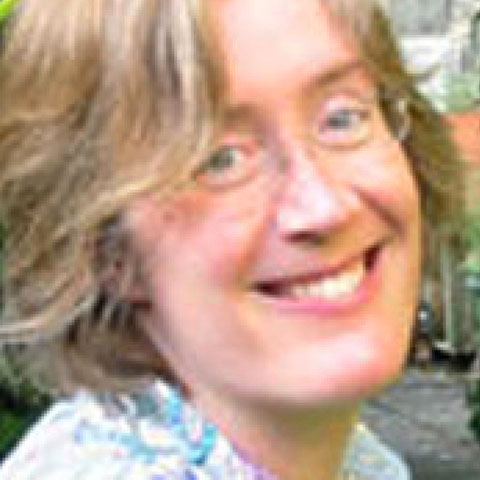Brown Bag Lectures are informal, public talks that are followed by extensive dissussions. Speakers are KLI fellows or visiting researchers who are interested in presenting their work to an interdisciplinary audience and discussing it in a wider research context. The Brown Bag Lecture series was discontinued in 2014 with the KLI moving to its new premises in Klosterneuburg. In 2014 the KLI Colloquia were established as the new lecture series.
Event Details

Topic description:
Since Darwin first presented the theory of natural selection, scientific (and other) debate has focussed around whether this simple process can explain the level of diversity we witness in nature. Recently, EvoDevo has focussed research on the way modularity is used to develop complexity. The primary research questions here are both proximate: how modules differentiate themselves from homogeneous initial conditions, and ultimate: why is this a useful strategy? These questions can equally be applied to the interacting systems that provide intelligent behavior: biological evolution, cultural evolution and individual learning. My initial interest in cultural evolution arose from an intuitive dislike of one strand of research on language origins, which suggested that language was "extra-Darwinian" because it requires the evolution of altruism. In previous work (Cace and Bryson 2007) I have shown that altruistic communication is easily evolved. Since coming to the KLI I have come to better understand the mechanisms behind this. My talk includes a brief review this work. What then limits the extent to which species utilise culture for rapidly evolving intelligent behavior? I believe there are a number of mechanisms: - Speed vs Reliability trade-offs: These tradeoffs are fairly well understood when applied to modular learning systems in individuals --- particularly short term and long term learning and memory. I believe similar concerns apply here. - The Baldwin effect: The mechanisms which shape evolution (including the speed of change in the environment) determine what will in the long term be encoded genetically and what left to individual learning. I believe this statement can be extended to include the third process of cultural evolution. - Niche size and competition with other species: I believe the advantage of the cognitive strategy given its costs and benefits are more limited than we tend to realize. - Representational issues: Just as biological complexity has been dependent on the evolution of genetic representations for modular and hierarchical instructions, so cultural complexity is limited by the capacity to transmit not only quantity but structure. I hypothesize about representational advantages humans have over other species for the evolution of languages (c.f. Bryson 2007; 2008). In my talk I present these factors and my evidence for them to date. I welcome feedback and additional references as this is very much work in progress.
References:
Ivana Cace and Joanna J. Bryson, "Agent Based Modelling of Communication Costs: Why Information can be Free", in Emergence and Evolution of Linguistic Communication C. Lyon, C. L Nehaniv and A. Cangelosi, eds., pp. 305-322, Springer 2007.
Joanna J. Bryson, "Representational Requirements for Evolving Cultural Evolution", invited and reviewed target article (and responses) in interdisciplines' Web conference, Adaptation and Representation 28 May 2007.
Joanna J. Bryson, "Embodiment versus Memetics", Mind & Society, 7(1):77-94, June 2008.
Biographical note:
Joanna Bryson is a member of faculty at the University of Bath in the department of Computer Science. She holds degrees in Artificial Intelligence from MIT (PhD) and Edinburgh (MSc), and Psychology from Edinburgh (MPhil) and Chicago (BA). She is currently on sabbatical at the Konrad Lorenz Institute for Evolution and Cognition Research, studying factors limiting the biological evolution of cultural evolution. She is also a visiting research fellow at the University of Nottingham Methods and Data Institute.


